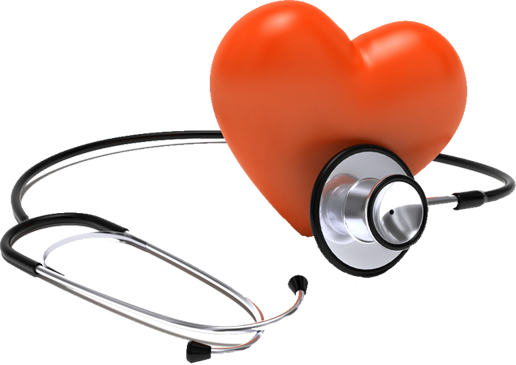Asthma
It’s a chronic disease which affects the airways of the lungs. This condition makes the airway narrow, swell and produces extra mucus. This creates difficulty in breathing, causes wheezing and cough. For some people, asthma is a major problem which troubles their daily normal activities and can also lead to an asthma attack.
What is an asthma attack?
When you breathe normally, muscles around your airways are relaxed, letting air move easily and quietly. During an asthma attack, three things can happen:
- Bronchospasm: The muscles around the airways constrict (tighten). When they tighten, it makes your airways narrow. Air cannot flow freely through constricted airways.
- Inflammation: The lining of your airways becomes swollen. Swollen airways don’t let as much air in or out of your lungs.
- Mucus production: During the attack, your body creates more mucus. This thick mucus clogs airways.
- Asthma-COPD overlap syndrome (ACOS): This type happens when you have both asthma and chronic obstructive pulmonary disease (COPD). Both diseases make it difficult to breathe.
What causes asthma?
Researchers don’t know why some people have asthma while others don’t. But certain factors present a higher risk: Allergies,environmental factors,Genetics.
What are the signs and symptoms of asthma?
Chest tightness, pain or pressure.Cough (especially at night).
Shortness of Breath
Wheeze.
COPD:
Chronic obstructive pulmonary disease (COPD) is the name for a group of lung conditions that cause breathing difficulties.
It includes:
- emphysema – damage to the air sacs in the lungs
- chronic bronchitis – long-term inflammation of the airways
Symptoms of COPD
The main symptoms of COPD are:
- shortness of breath, particularly when you're active
- a persistent chesty cough with phlegm – some people may dismiss this as just a "smoker's cough"
- frequent chest infections
- persistent wheezing
Without treatment, the symptoms usually get progressively worse. There may also be periods when they get suddenly worse, known as a flare-up or exacerbation. #DrNitishSays #DrNitish
Need an appointment?
APPOINTMENT NOW
